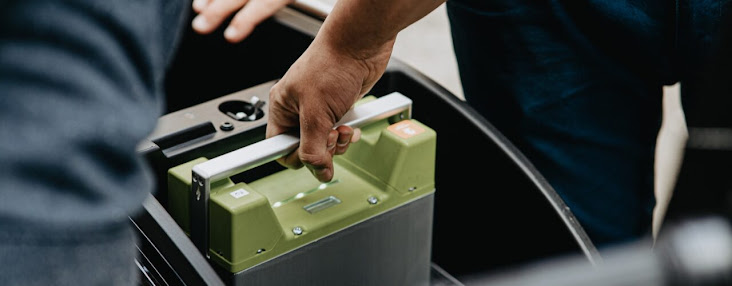ELECTRIC VEHICLES - evenergy
In search of lithium-ion alternatives, scientists use peat to make sodium-ion batteries
So what?
Lithium batteries with recycled cathodes on par with newly made batteries
So what?
Batteries and other storage technologies will be key in the transition towards increased renewable energy production and the use of electric vehicles. Lithium-ion batteries are one of the most used battery technologies today, and a ramping up of battery production will see an increase in lithium mining. To minimize the extent of mining and reduce the wastes from the growing battery sector, recycling of lithium and other materials used in batteries will be necessary.
Recycled materials are generally believed to not be as good as newly mined materials. As such, the outcomes of this research provide signals of positive changes in the recycling sector. Such advances in recycling will reduce the environmental and social impacts of the renewable and electric mobility transition. Growth in the recycling sector might also allow countries to reduce their dependency on foreign supply chains for necessary minerals. Sharing of knowledge and other forms of collaboration will probably be key if advancements in recycling are to provide benefits to everyone involved.
How Qatar’s EV Sector Is Advancing
As the number one destination for entrepreneurs in the Arab world, Qatar is leading the way as a driving force in electric-vehicle innovation.
Qatar is committed to the sustainable growth of the EV sector, demonstrated by major investments in EV infrastructure and research and development that offer opportunity and ROI. From regional product innovation support to worldwide mobility investor initiatives, Qatar is a best-in-class EV partner that aims to enhance the global marketplace.


.jpg)
Comments
Post a Comment